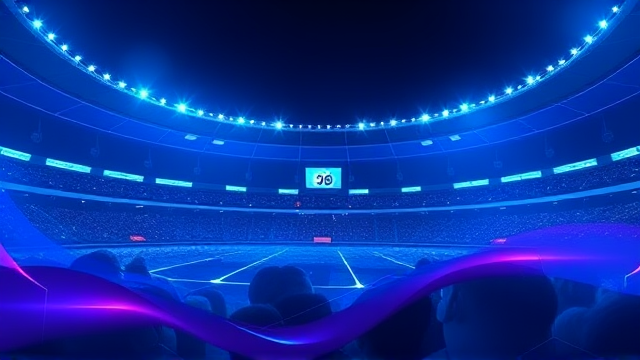Russian Football Union Hopes for UEFA Return by 2025
The Russian Football Union is navigating one of the most complex and politically charged exiles in modern sports, with officials like Maxim Mitrofanov publicly clinging to the hope of a UEFA return by 2025, a timeline initially suggested by RFU President Alexander Dyukov. This aspiration, however, exists against the stark reality of a blanket suspension imposed by FIFA and UEFA in early 2022, a decision that instantly severed the entire Russian football ecosystem—from its national teams dreaming of World Cup glory to its club sides like Zenit Saint Petersburg and CSKA Moscow that were once regular fixtures in the lucrative stages of the Champions League and Europa League—from the global competitive landscape.The isolation has been absolute and devastating; Russian clubs have been deprived of tens of millions of euros in vital participation and broadcasting revenue, a financial hemorrhage that threatens the long-term viability of the domestic league and its ability to retain top talent, while the national team, which showed glimpses of a promising generation at the 2018 home World Cup, has been condemned to competitive purgatory, its players unable to test themselves on the international stage. Mitrofanov’s cautious optimism, noting that UEFA had previously hinted at a potential pathway for reintegration 'if everything ends,' underscores the fragile, conditional nature of any potential return, a sentiment that feels increasingly tenuous as the geopolitical situation that prompted the ban shows little sign of immediate resolution.This entire saga invites uncomfortable comparisons to other nations that have faced sporting isolation, such as Yugoslavia in the 1990s, where a prolonged absence from international football led to a lost generation of players and a systemic decline that took years to reverse, a cautionary tale for the current Russian football infrastructure. The road back is fraught with immense logistical and ethical hurdles; even if a political settlement were reached, UEFA would face a monumental decision, weighing the principle of inclusivity against the potential backlash from other member associations, sponsors, and global fans, all while considering the precedent it would set for future geopolitical conflicts intersecting with sport. The RFU's hope is a bet on the volatile nature of international relations and the enduring power of football diplomacy, but with every passing month that Russian teams remain in competitive limbo, the dream of a 2025 return becomes more a testament to stubborn optimism than a reflection of the current, grim reality on the world stage.
Latest News
Former Formula 1 driver Johnny Herbert has thrown a crucial caution flag on the hype train surrounding Isack Hadjar, firmly stating that Red Bull should resist
26 minutes ago0 comments
The perennial debate over foreign player quotas in domestic football leagues has once again ignited in Russia, with Sports Minister Mikhail Degtyarev
40 minutes ago0 comments
The welterweight division just got a whole lot more interesting with the official booking of Sean Brady versus Michael Morales for UFC 322 on November 16, a
56 minutes ago0 comments
The narrative surrounding the KHL's newest geographic oddity, the Shanghai-based club now operating out of Saint Petersburg's SKA Arena, was supposed to be one
1 hour ago0 comments
The beautiful game, so often a theater of raw passion and tactical genius, was once again overshadowed by the specter of contentious officiating, a narrative
1 hour ago0 comments
In a powerful testament to the unifying spirit of athletics, Hong Kong is poised to become a vibrant stage for the upcoming National Games, with plans for a
2 hours ago0 comments
The path of a fighter is often measured in wins and losses, in titles won and opportunities seized, but for Felix Cash, the truest battle was waged not under
2 hours ago1 comments
In a development that has sent a collective shudder through the world of women’s sports, a deeply invasive and unscientific trend has emerged from the murky
2 hours ago0 comments
It’s quiet here...Start the conversation by leaving the first comment.
